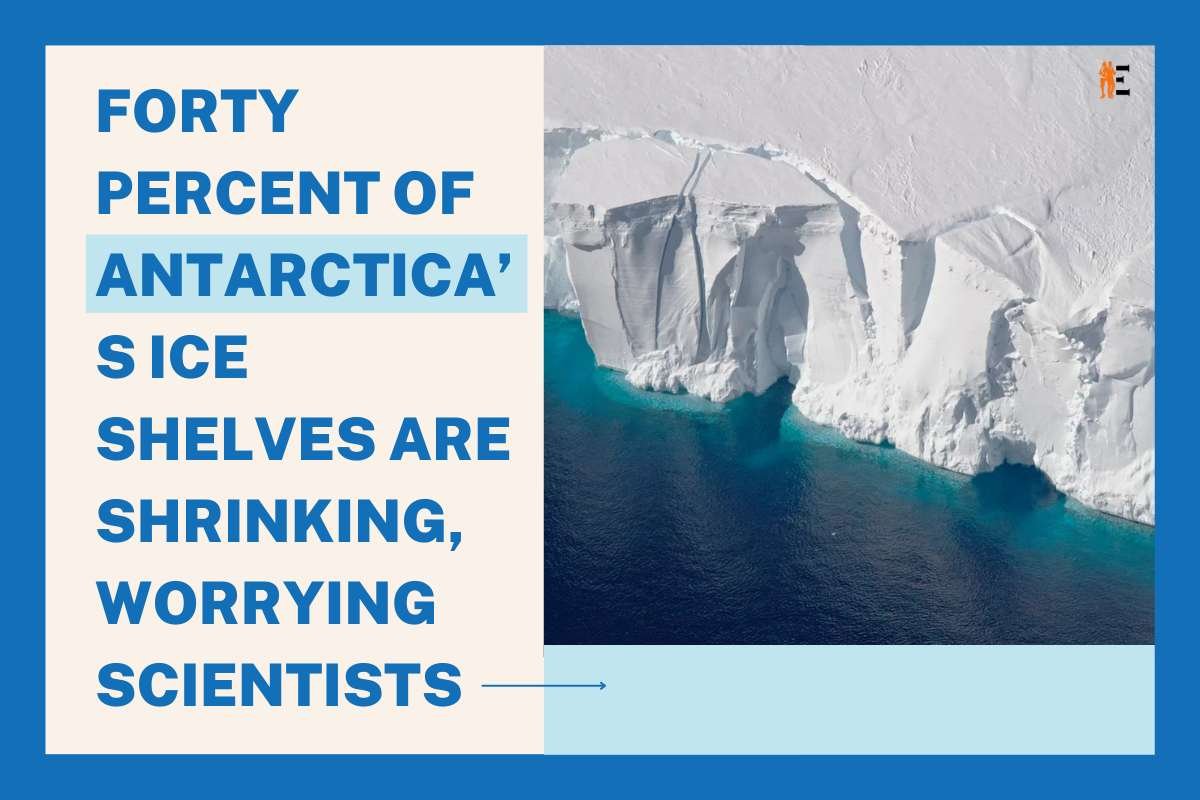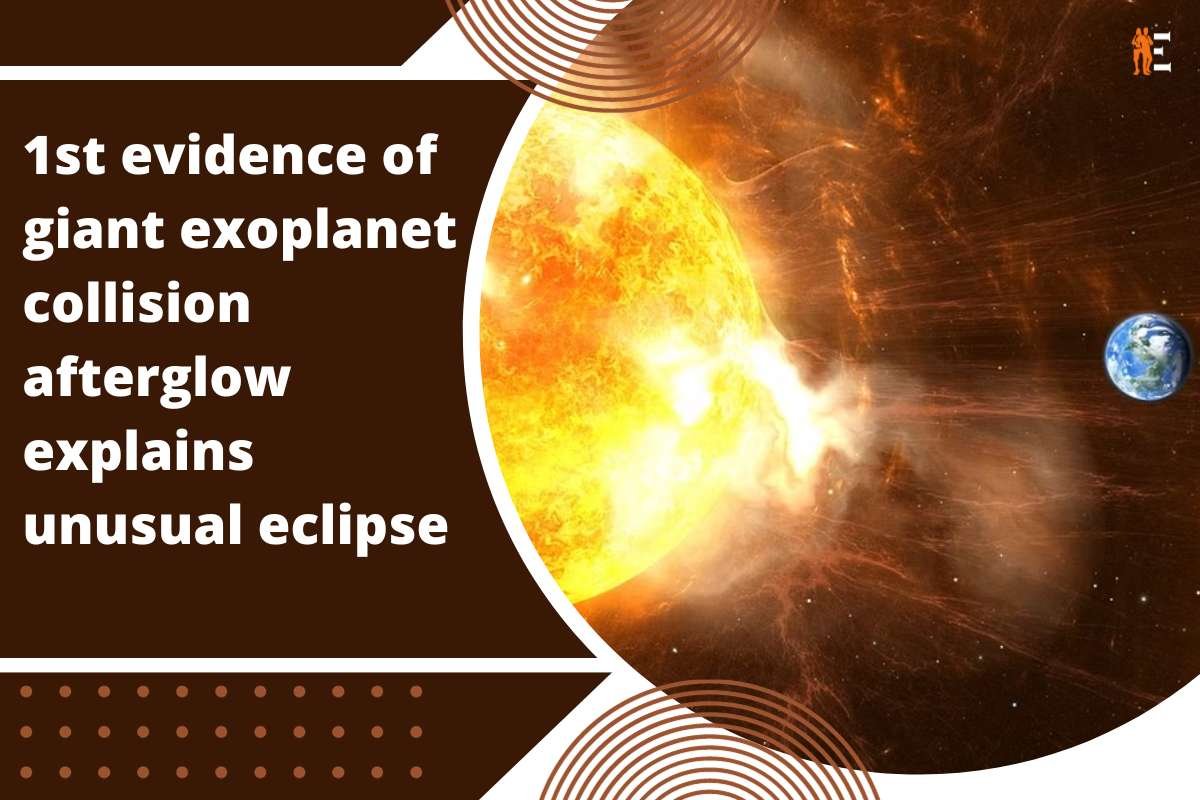A recent study has revealed that Antarctica has lost a staggering 7.5 trillion metric tonnes of ice since 1997, and over 40% of its ice shelves have witnessed a significant reduction, with nearly half showing no signs of recuperation. This decline is directly attributed to the effects of climate change.
Researchers from the University of Leeds have calculated that between 1997 and 2021, approximately 67 trillion metric tonnes of ice were lost in the western region of Antarctica, while about 59 trillion metric tonnes were added to the eastern part. This ultimately resulted in a net ice loss of 7.5 trillion metric tonnes.
The melting of ice in the western Antarctic region can be attributed to the influence of warm water, whereas the ice shelves in the east have remained relatively stable or even expanded due to the colder water in that area.
The western part is exposed to warm water
These ice shelves are located at the terminus of glaciers and play a crucial role in reducing the rate at which glacial ice flows into the sea. As these shelves diminish, glaciers release greater quantities of freshwater into the ocean, which can disrupt the currents in the Southern Ocean.
Dr. Benjamin Davison, a specialist in Earth observation and the lead researcher of the study, noted that the status of ice shelf deterioration is tied to factors such as ocean temperatures and currents in Antarctica. The western part is exposed to warm water, which can rapidly erode the ice shelves from beneath, while the eastern region benefits from a protective barrier of cold water near the coast.
The research team employed satellite technology capable of penetrating the thick cloud cover during extended polar nights to monitor year-to-year changes in the ice. More than 100,000 space images were analyzed to assess the health of these ice shelves. The findings, published in the journal Scientific Advances, underscore the far-reaching consequences of ice shelf health on global climate systems.
Chilling reality of Antarctica’s ice melt
Early half of the ice shelves are shrinking without any signs of recovery
The estimated release of 67 trillion metric tonnes of freshwater into the ocean over a quarter-century has a substantial impact on the ocean currents responsible for transporting heat and nutrients worldwide.
Scientists attribute this significant ice loss to the climate crisis, as natural variability would entail a cycle of ice growth. Davison emphasized that rather than witnessing a recurring pattern of short-lived ice shrinkage followed by gradual regrowth, they found that nearly half of the ice shelves are shrinking without any signs of recovery.
Furthermore, a recent study reported that Antarctica is warming at a rate nearly twice as fast as the global average and at a pace exceeding predictions made by climate crisis models. Researchers in France conducted an analysis of 78 Antarctic ice cores to reconstruct temperature patterns spanning 1,000 years, revealing that the continent’s warming is beyond what could be attributed to natural fluctuations.
Read More: Greenland’s Past Melting Reveals Alarming Climate Change Implications











